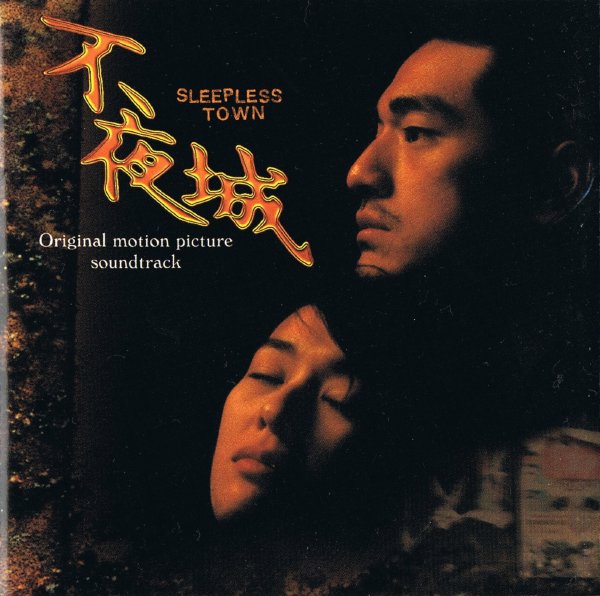
/arc-anglerfish-arc2-prod-expressandstar-mna.s3.amazonaws.com/public/47GPGRND7VELNKQ2ANK3CHONBY.jpg)
Cloudy and cold weather delayed the onset, but cloud cover was assumed to reflect night light emissions, thus, amplified sky luminance and increased the effect of artificial night light. We additionally included meteorological conditions into the analysis and found an effect on the song onset. We found traffic noise to be the driving factor of the shift of dawn song into true night, although it was not completely separable from the effects of ambient night light. In the city centre, blackbirds started their dawn song up to 5 hours earlier compared to those in semi-natural habitats.

This gradient of anthropogenic noise and artificial night light was reflected in the timing of dawn song. We investigated the onset of blackbird dawn song along a steep urban gradient ranging from an urban forest to the city centre of Leipzig, Germany. Our aim was to clarify the specific contributions of artificial night light and traffic noise on the timing of dawn song of urban European Blackbirds ( Turdus merula).

time their dawn song according to changing light intensities. Songbirds are particularly affected by these factors, because they rely on the spread of acoustic information and adjust their behaviour to the rhythm of night and day, e.g. Especially anthropogenic noise and artificial night light are closely linked to urbanization and pose new challenges to urban species. Organisms living in urban environments are exposed to different environmental conditions compared to their rural conspecifics.


 0 kommentar(er)
0 kommentar(er)
